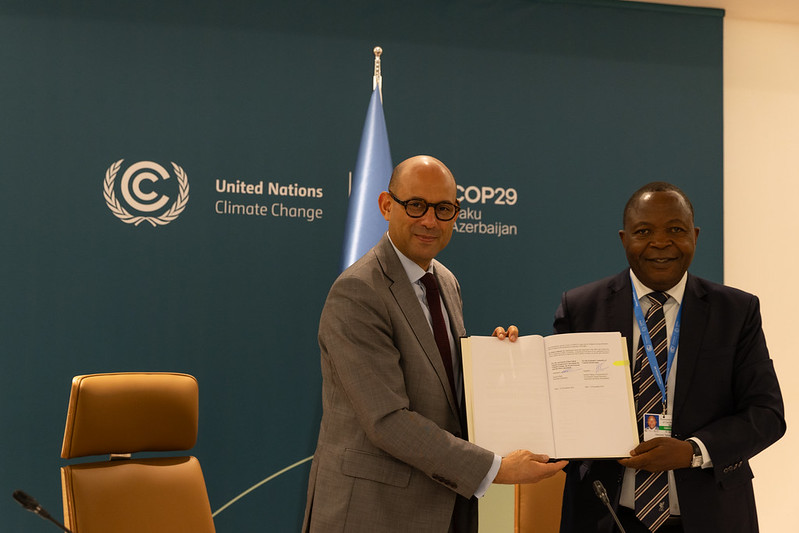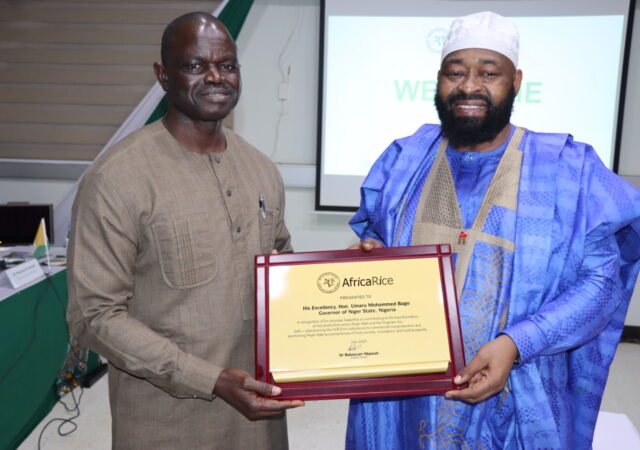As G20 leaders prepare to meet in Rio de Janeiro, the United Nations Executive Secretary on Climate Change, Simon Stiell has urged for them to prioritize climate crisis and finance as the top issues to deliberate on.
This is as global anticipation mounts for the leaders to show decisive signals that climate action is a central priority for the world’s leading economies.
The G20, established to address challenges beyond the capacity of individual nations, is uniquely positioned to tackle the global climate crisis. With climate impacts already severely affecting every G20 economy—disrupting lives, supply chains, food prices, and fueling inflation—the need for urgent action has never been clearer. Rapid emission reductions are essential to prevent economic devastation across all member states.
There is, however, a promising development: a projected $2 trillion will be invested in clean energy and infrastructure this year—double the amount allocated to fossil fuels. Several G20 nations are already capturing significant benefits from this burgeoning clean energy market.
Strengthening global climate finance is essential to ensure all nations can reap the advantages of bold climate action, including robust economic growth, job creation, reduced pollution, and more reliable and affordable energy. Such investments also enable countries to build resilience into their portions of global supply chains.
Achieving progress on climate finance demands coordinated efforts both within and outside the COP framework. Negotiators in Baku are currently working tirelessly on establishing a new climate finance goal. While significant challenges remain, there is broad recognition of what is at stake at this pivotal moment in the COP process.
Equally critical is the G20’s role in driving climate finance advancements. The upcoming summit in Rio must deliver unequivocal commitments, including:
- Increasing the availability of grant and concessional financing.
- Prioritizing the reform of multilateral development banks, with G20 governments pledging continued pressure for transformative changes.
- Addressing debt relief to empower vulnerable nations to take ambitious climate action, free from the constraints of crippling debt servicing.
In an era of global uncertainty and fragmentation, G20 leaders must emphasize that international cooperation remains humanity’s best hope for combating global heating. A unified response is imperative—there is no alternative.








Hi my family member! I wish to say that this article is awesome, nice written and come with approximately all significant infos. I?¦d like to peer more posts like this .
It¦s actually a cool and useful piece of info. I am glad that you simply shared this helpful information with us. Please keep us up to date like this. Thanks for sharing.
Respect to article author, some fantastic selective information.
Some times its a pain in the ass to read what blog owners wrote but this internet site is very user pleasant! .
is a carefully developed dietary supplement designed to naturally support individuals dealing with sciatic nerve discomfort while promoting overall nerve wellness.
Hello, I like the content of your site very much. I will visit again and evaluate your content.
Thank you for every other fantastic article. Where else could anyone get that kind of information in such a perfect manner of writing? I have a presentation next week, and I’m at the look for such info.
Hello.This article was really fascinating, especially since I was searching for thoughts on this issue last Saturday.
I have learn a few good stuff here. Certainly price bookmarking for revisiting. I wonder how a lot attempt you place to make the sort of great informative website.
Thank you, I have just been looking for information approximately this subject for a while and yours is the best I have discovered till now. However, what concerning the conclusion? Are you sure about the source?
I like foregathering utile info, this post has got me even more info! .
great points altogether, you simply gained a new reader. What could you recommend in regards to your post that you just made some days ago? Any sure?